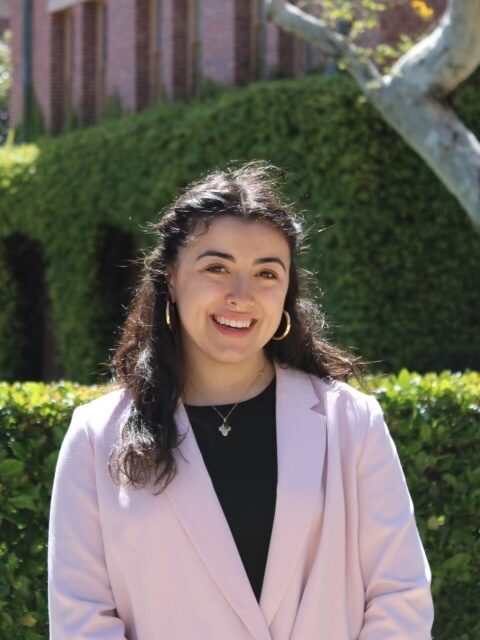From the Editor

Dear VCE readers,
The mission of our publication has always been to cultivate a sense of ethical responsibility within the engineering community. For nearly a decade, we have used our platform to bring ethical dilemmas within the industry to light. While this remains the backbone of our work here, we wanted to let another ethical conversation take the forefront by peering straight into the character of engineers. What better way to promote ethics than by distinguishing traits that make one ethical? This special edition on virtuous engineers does exactly that.
Ayush Agarwal begins with the triad of patience, humility and curiosity. Maintaining patience with collaborators and during failures are fundamental parts of the engineering process. Humility cultivates a growth mindset that allows engineers to grow from their mistakes and learn from those around them. Meanwhile, curiosity provides an engineer with the means to break free from their comfort zones, to explore the unknown, and to take their field to new depths.
Amanda Akrawi also believes that curiosity is one of the most valuable traits an engineer can possess. She argues that curiosity is the spark to an engineer’s creative fire but that a truly virtuous engineer wields this trait along with a strong sense of discernment. Working in tandem with curiosity, an aptitude for discernment eliminates the possibility of burning anyone with their creative fire. These traits become even more valuable in the presence of a strong collaborative spirit. The best engineers rely on diverse inputs that expand their perspectives and supplement gaps in their knowledge in order to optimize their designs.
Similarly, Diego Rodriguez maintains that a virtuous engineer is one who keeps an open mind. As stated by the author, “Advancement is born from the convergence of ideas.” Rodriguez also believes that integrity and authenticity are vital traits for an ethical engineer. An engineer with integrity will do the right thing even if it means sacrificing personal gain. On the other hand, authenticity keeps an engineer’s moral will strong and deters them from short cuts that could compromise their work.
Closely related to authenticity is altruism, a trait selected by Diandra Tjokrosaputro due to its ability to connect an engineer to the community they serve. Like Rodriguez, she also believes that integrity is crucial for a virtuous engineer. She focuses on integrity in conjunction with courage as an engineer possessing these traits takes accountability for failed projects and knows when to take a stand.
Last but not least, Stefano Corno describes why joy, compassion, and rigor are the three traits necessary in the making of a virtuous engineer. A true joy for engineering protects against external pressures that can jeopardize the integrity of one’s work. Compassion allows engineers to bring a thorough understanding of their work and who it impacts. Rigor harmonizes these qualities by ensuring engineers respect set values and expectations.
Each of these papers may identify a unique set of traits, but they emphasize a similar theme. A virtuous engineer is one who can connect their work to the people and world around them. Something that transcends greed or glory. Something that is for the greater good. These traits may seem difficult to come by, but they can be obtained by intentionally practicing them every day. We at VCE thank the diligent work of these authors and our dedicated readers for making this special volume possible!
Janessi Diaz, VCE Editor-in-Chief




